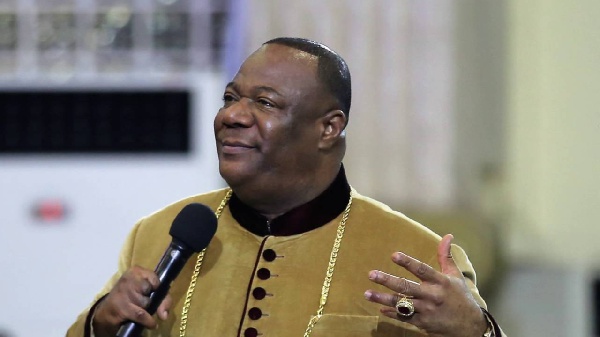
The tapestry of culture, rights and law: navigating the grey areas of this aspect of society

Given the rise of human rights advocacy, universally ‘prescribed’ ways of life often come in as a barrier that prevents people, most of the time, from practising their way of life that has been known and practised for centuries.
Development is not merely an economic measure; it is a holistic process that includes the advancement of human rights and the establishment of a just legal system.
It is through the lens of culture that people can understand and appreciate the importance of rights and laws, thereby fostering a society that is both culturally rich and developmentally robust.
However, the sanctity of culture cannot be an excuse to perpetuate practices that infringe upon basic human rights, far from that.
.However, navigating the intersection between cultural practices, human rights, and the law requires a delicate balance that respects the cultural heritage of communities, in this case, the Ga community in Nungua, while upholding fundamental human rights standards.
.The case of the Gborbu Wolormor, while still under investigation, has brought to light the necessity of aligning cultural practices with the principles of human rights and the rule of law.
This is to suggest that, the first resort for the human rights lawyer and MP of Madina, Francis-Xavier Sosu, and the many others who felt agitated when the news broke, was to turn to the customary laws of the Ga community before demanding the arrest of the Wulomor






